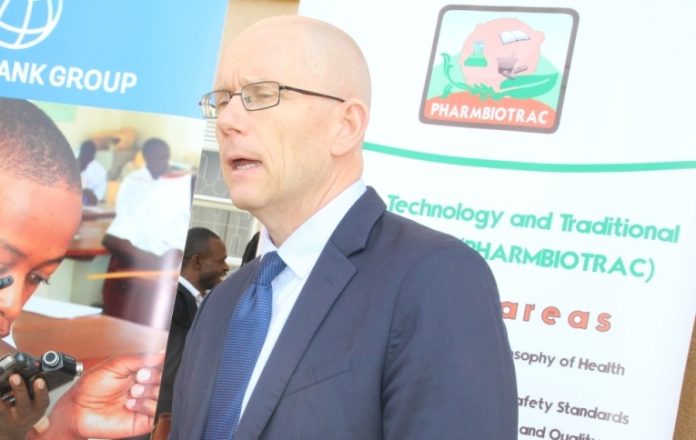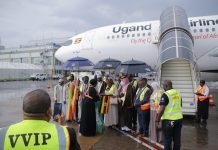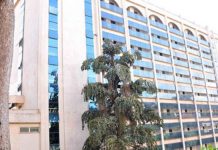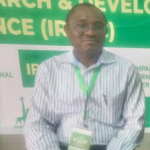The World Bank board of executive directors has approved financing of up to 148.2 million U.S. dollars (UGX563,391,896,000) to enable Uganda to improve forest management and protect tourism areas.
The Bank in a statement issued on Monday said about 78.2 million dollars of the financing is a concessional loan, while 70 million dollars is a grant that includes 58 million dollars for refugees and host communities.
The money will be used in the Albertine landscape and the refugee-hosting areas in northern and western Uganda.
According to the global financial institution, the Albertine landscape is central to Uganda’s tourism industry, which makes a major contribution to the country’s economy in terms of foreign exchange earnings and jobs.
The project will also invest in plantation forestry and wood value chains with the aim of enabling plantation forestry to become a strong and self-sustaining economic sector.
“This project is timely and will provide vital assistance to vulnerable communities that depend on forests to withstand climate shocks and complements our ongoing efforts to scale up support to the tourism sector which has been severely impacted by COVID-19,” said Tony Thompson, World Bank Country Manager for Uganda.
In refugee-hosting areas of northern and western Uganda, the project will support forest management in selected protected areas and aims to increase tree cover in the host community landscapes supporting agroforestry and woodlot establishment.
According to the Bank, the continued inflow of refugees combined with existing and protracted refugee situation has exacerbated a range of ongoing environmental impacts and associated challenges.
Uganda hosts some 1.4 million refugees and is the largest refugee-hosting country in Africa and the third largest worldwide, according to UN figures.





















